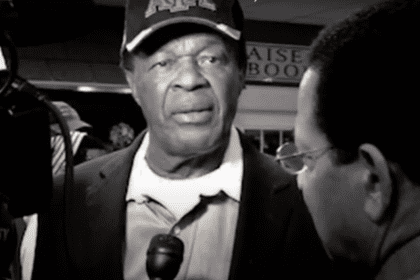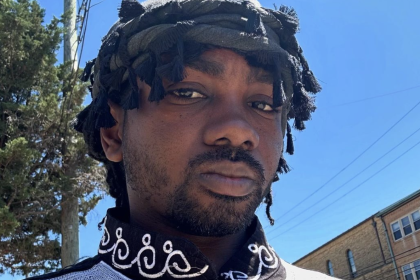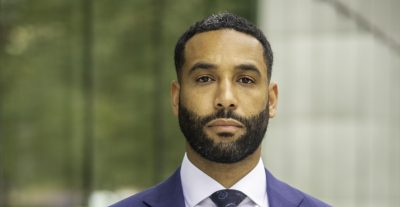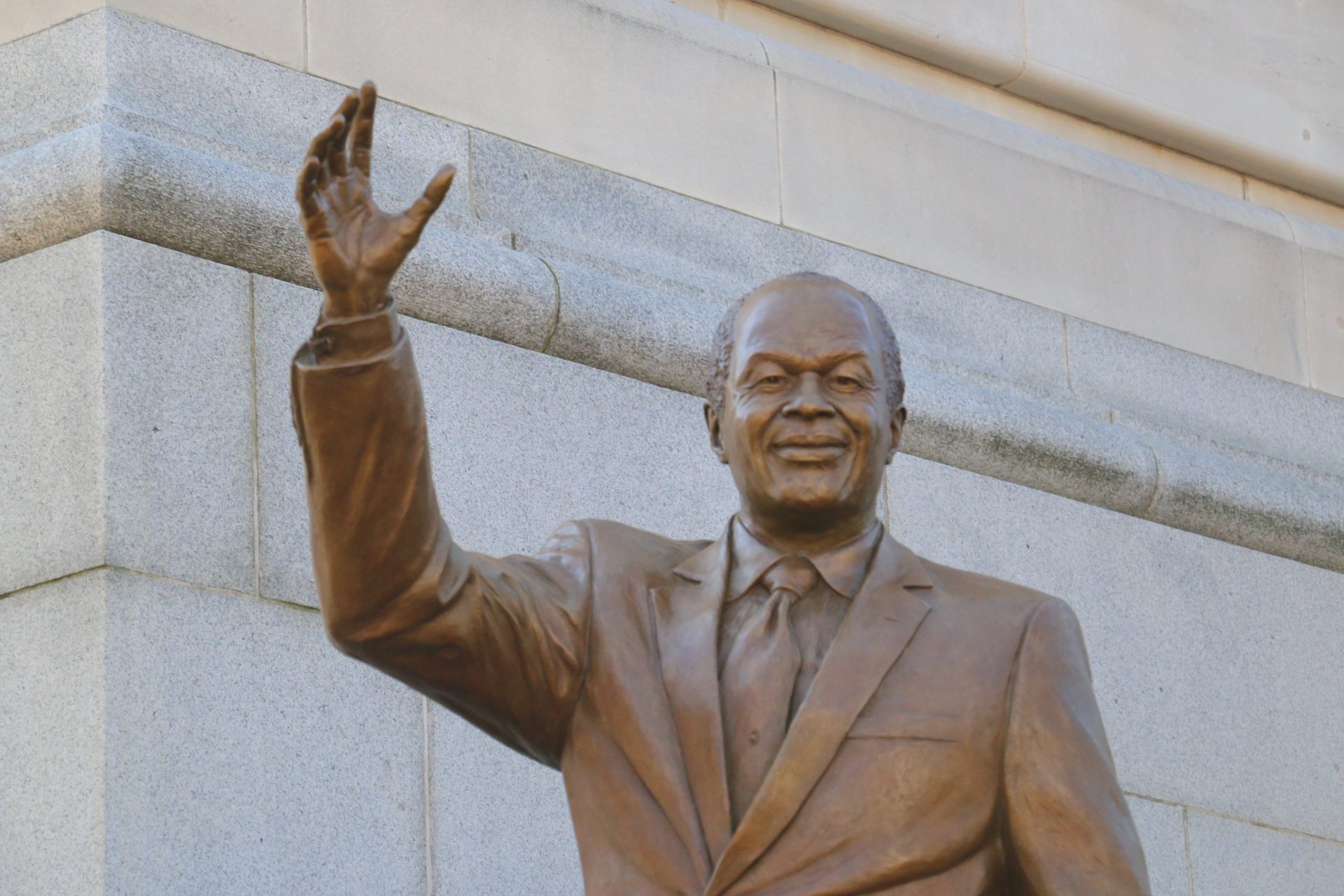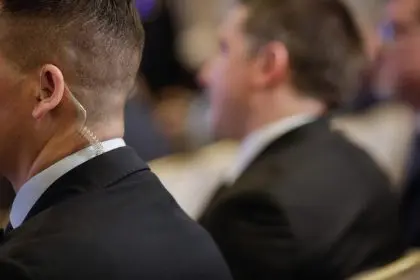
WASHINGTON — Residents of the District of Columbia were blunt in characterizing their status as a non-state as a form of slavery. The fact that residents can be being taxed and sent off to war without any type of federal representation amounts to a form of involuntary servitude that must be abolished.
Mayor Vincent Gray, Representative Eleanor Holmes, former D.C. Mayor Marion Barry and longtime actor and activist Dick Gregory were among the dignitaries and political representatives who led the rally for statehood that has picked up powerful allies and supporters. President Obama publicly supported it during his 2008 campaign. Strategically using the national platform provided by a high-profile weekend that included Obama christening the Martin Luther King Memorial on the National Mall, and Rev. Al Sharpton’s Jobs and Justice that brought tens of thousands of more people to the District, D.C. residents rallied to bring attention to their decades-long quest for representation.
“This is an ongoing struggle. We are political slaves in the nation’s capital,” thundered activist Arnice Jenkins of Stand Up for Democracy. “But we’re going to break the chains that bind us. We’re going to keep fighting to be free. You are not going to keep leaving democracy when you cross [into] the District line.”

The momentum for D.C. statehood has picked up in recent years, and some African Americans openly wonder that, with the changing demographics in Washington, D.C. changing radically, if D.C. will get its statehood once the district becomes majority white.
Here are sampling of perspectives from long-term Washington residents:
–terry shropshire

 Ray Joseph, retired military veteran: Our representative, Eleanor Holmes, can’t vote on anything in Congress. That’s taxation without representation. And if we cannot vote on anything in Congress, then we should not be paying any taxes. We should be exempt from taxes, like Puerto Rico and the U.S. Virgin Islands. That’s been something that we’ve been fight for years. This has been going on for years. On difference now is, it looks like in a few years it might become a reality. Because the population. I predict that when it becomes majority white, D.C. will get its statehood. It’s always been not to give statehood to [an area] that black folks run. Just like when the population in DC began to change [in favor of whites], they lifted the gun ban.
Ray Joseph, retired military veteran: Our representative, Eleanor Holmes, can’t vote on anything in Congress. That’s taxation without representation. And if we cannot vote on anything in Congress, then we should not be paying any taxes. We should be exempt from taxes, like Puerto Rico and the U.S. Virgin Islands. That’s been something that we’ve been fight for years. This has been going on for years. On difference now is, it looks like in a few years it might become a reality. Because the population. I predict that when it becomes majority white, D.C. will get its statehood. It’s always been not to give statehood to [an area] that black folks run. Just like when the population in DC began to change [in favor of whites], they lifted the gun ban.
 Obinna Ugorgi, activist and military veteran who served in two branches of the U.S. military: I’m a first-generation American. First-generation Washingtonian. Born here in the 70s, and I saw what was going on at a young age. I actually joined to serve [five years in the Army and six years in the Marine Corps.] just to honor those who sacrificed for me to have the rights that other people have. I feel honored to be an American. This is a fight for people around the world. This is the seat of democracy. We need to go ahead and be an example of democracy. This is supposed to be a beacon of democracy. We send people off to war. And they come back disabled. They come back in boxes. But when they come back to D.C., they don’t have the same rights as other veterans.
Obinna Ugorgi, activist and military veteran who served in two branches of the U.S. military: I’m a first-generation American. First-generation Washingtonian. Born here in the 70s, and I saw what was going on at a young age. I actually joined to serve [five years in the Army and six years in the Marine Corps.] just to honor those who sacrificed for me to have the rights that other people have. I feel honored to be an American. This is a fight for people around the world. This is the seat of democracy. We need to go ahead and be an example of democracy. This is supposed to be a beacon of democracy. We send people off to war. And they come back disabled. They come back in boxes. But when they come back to D.C., they don’t have the same rights as other veterans.

Denise R. Barnes, publisher, Washington Informer: I’m down here for the full-voting march, the D.C. statehood march. That’s first and foremost for me and the interests of our readers. The hundreds of thousands who came down from around the country who still don’t understand the plight of the District of Columbia, where we have taxation without representation. Our men and women can go fight wars in distant lands but we have no say in whether or not the United States gets involved in those wars, and so many other issues, including jobs. It brings our issue and the issue that so many others came down here for. It merges them. That’s why our marches merge, the issues merge. And we just hope that this issue brings attention to the Congress, to the president, that we’re not going to just take this sitting down.

